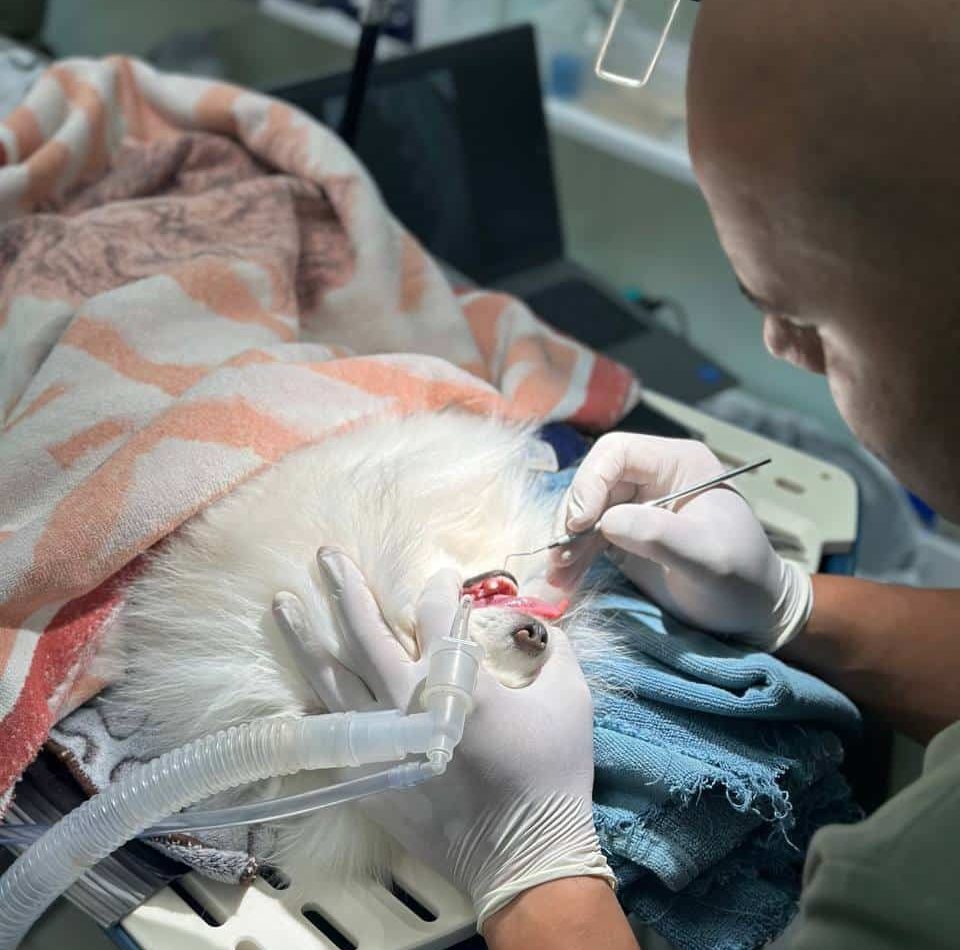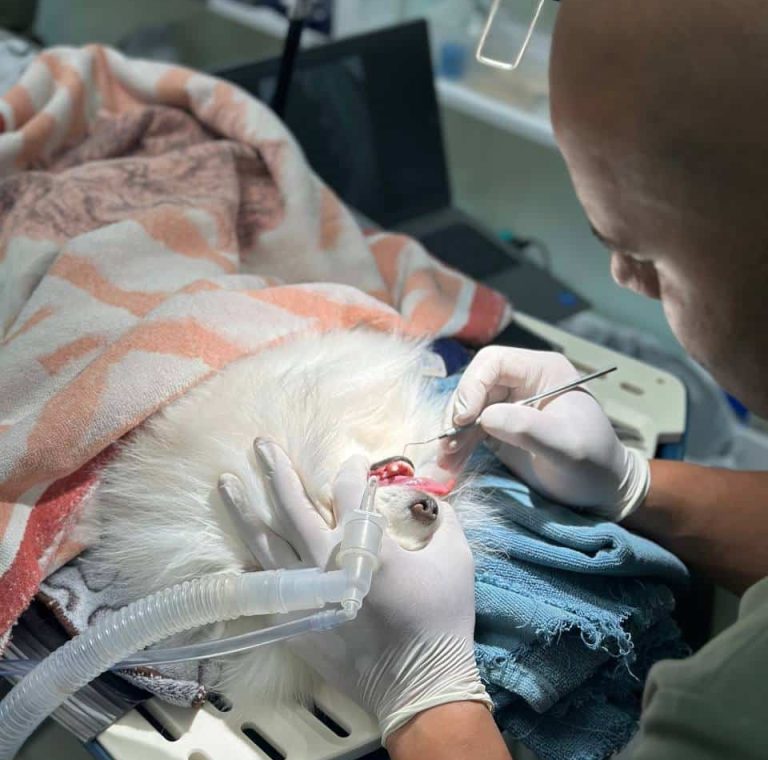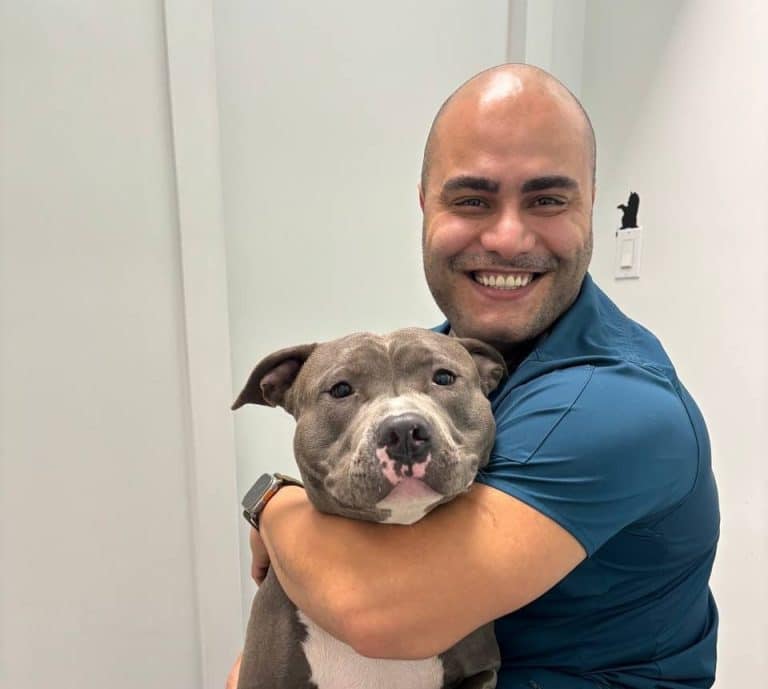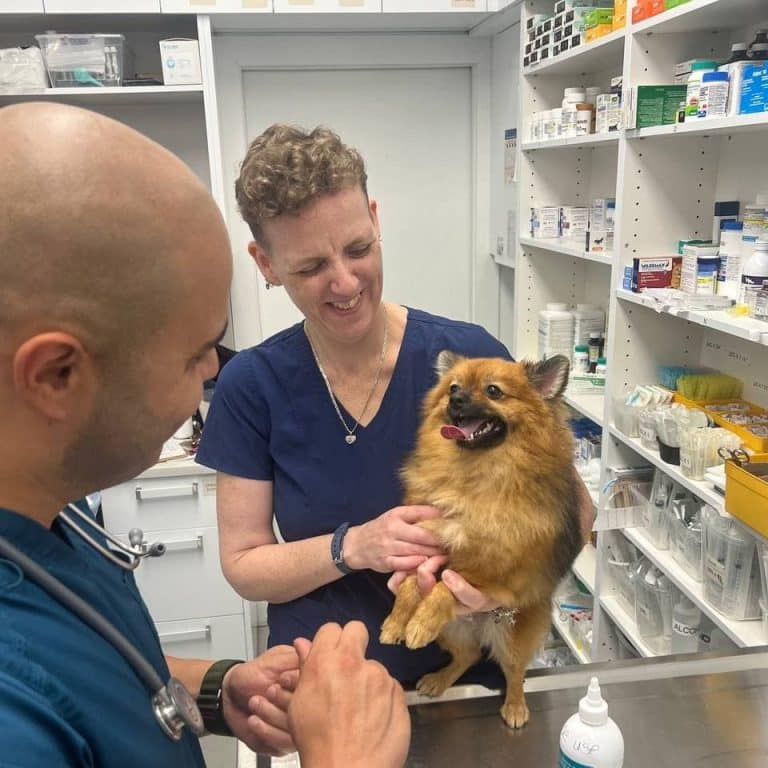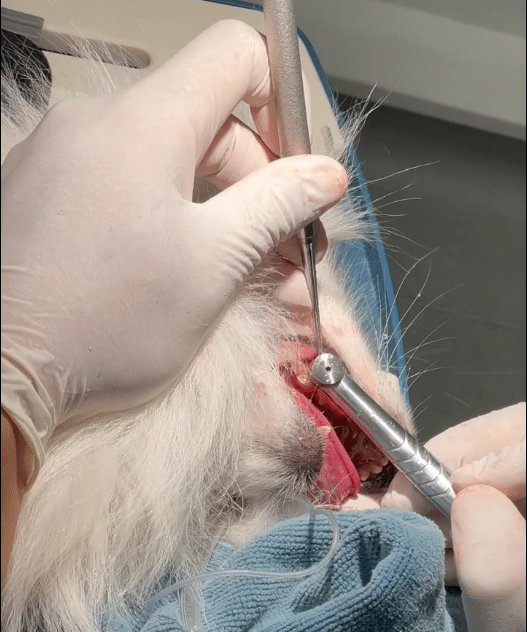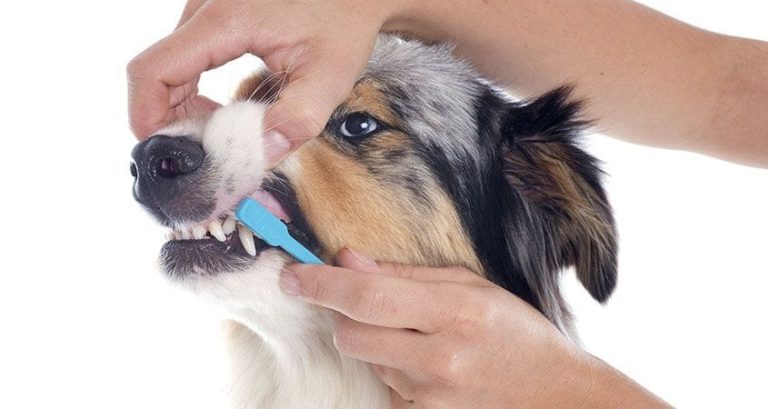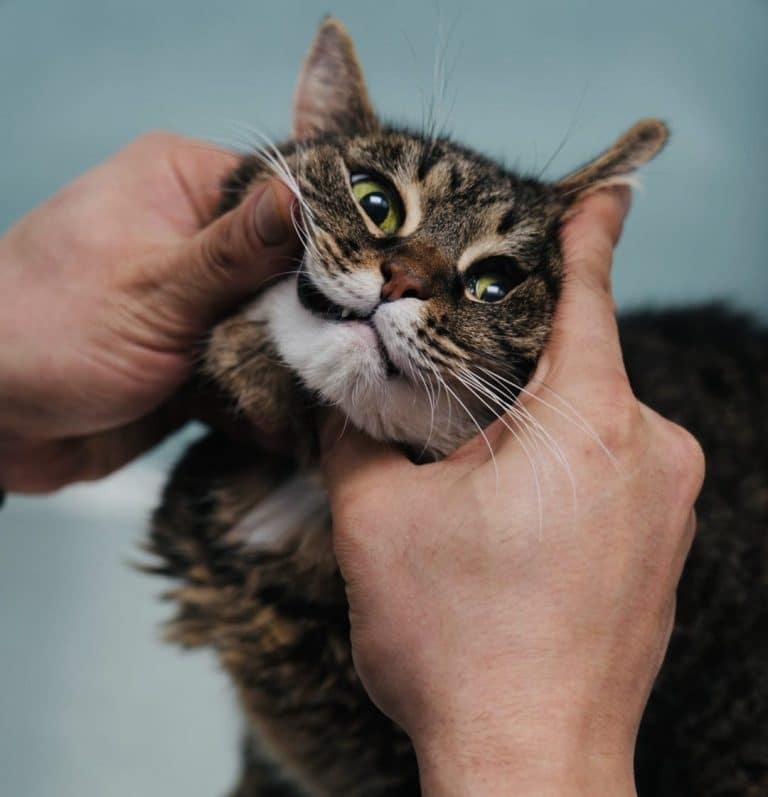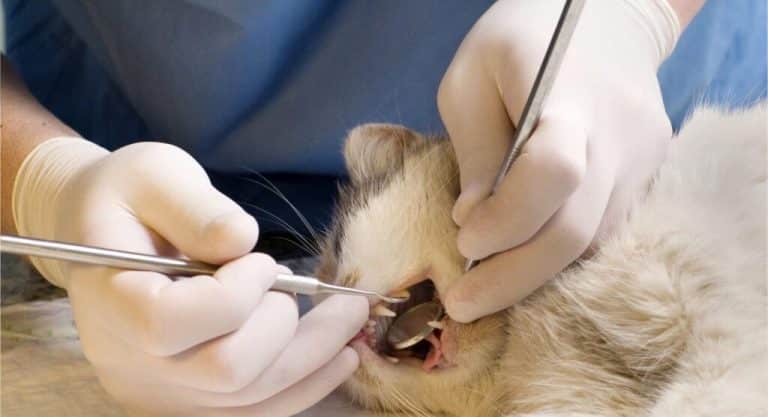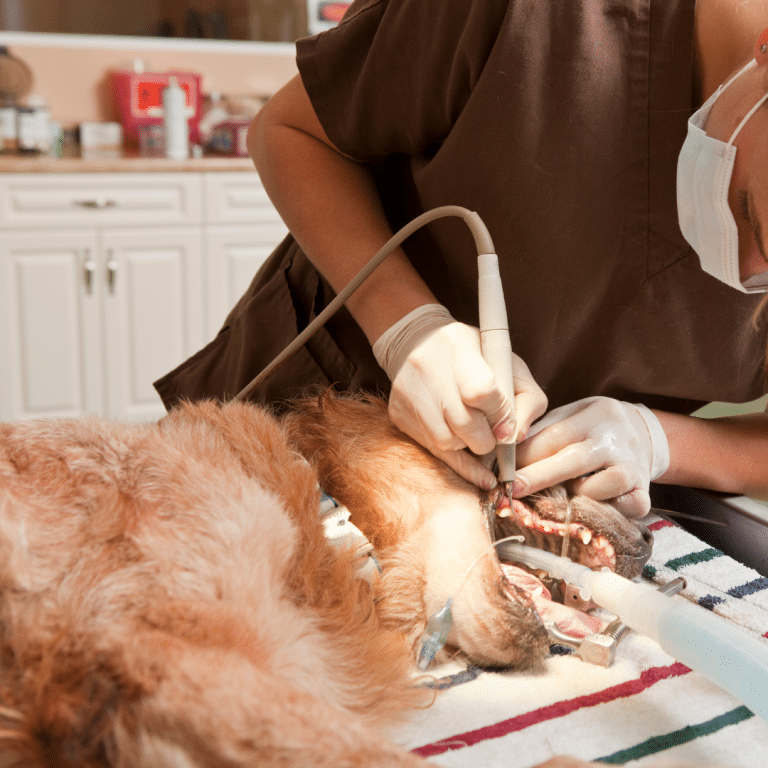Treatable Conditions
Our team is equipped to diagnose and treat a wide range of dental issues, including:
- Gingivitis: Inflammation of the gums caused by plaque buildup.
- Periodontitis: Advanced gum disease that can lead to tooth loss.
- Tooth Abscesses: Painful infections that require immediate attention.
- Broken Teeth: Treatment for fractured or chipped teeth to alleviate pain.
- Malocclusions: Correcting misaligned bites to improve jaw function.
Advanced Tools and Equipment
We utilize state-of-the-art technology to deliver safe and effective dental care:
- Ultrasonic Scalers: For thorough cleaning of teeth and gums.
- Dental X-ray Machines: High-resolution imaging for precise diagnosis of hidden dental issues.
- Polishing Tools: To smooth and protect the surface of teeth after cleaning.
- Dental Drills: For cavity fillings and other procedures requiring precision.
We Care for Your Dogs and Cats
At Beach Avenue Animal Hospital, we specialize in providing expert pet dentistry services exclusively for dogs and cats. Whether your furry companion is a playful puppy, a curious kitten, or a senior pet, our dental care is tailored to meet their unique needs. From routine cleanings to advanced treatments, we ensure your dog or cat receives the best possible oral care in Vancouver.
Educational and Preventative Engagement
At Beach Avenue Animal Hospital, we believe in empowering pet owners to maintain their pets’ oral health:
- Dental Diets: Recommendations for foods and treats that promote dental health.
- Owner Education: Practical tips for at-home brushing and oral hygiene.
- Regular Dental Check-ups: Preventative care to catch issues early and avoid costly treatments.
Why Choose Beach Avenue Animal Hospital?
- Experienced Team: Our veterinarians are highly skilled in all aspects of pet dentistry.
- Comprehensive Care: From routine cleanings to advanced surgery, we offer a full spectrum of services.
- State-of-the-Art Facility: Equipped with the latest tools and technology.
- Compassionate Approach: Your pet’s comfort and well-being are our top priorities.
- Convenient Location in Vancouver: Easily accessible for all your pet care needs.
Signs Your Pet May Need Dental Care
Keep an eye out for these common signs of dental issues:
- Bad breath
- Difficulty eating or chewing
- Red or swollen gums
- Excessive drooling
- Loose or missing teeth
If you notice these symptoms, contact us immediately to schedule an exam.

